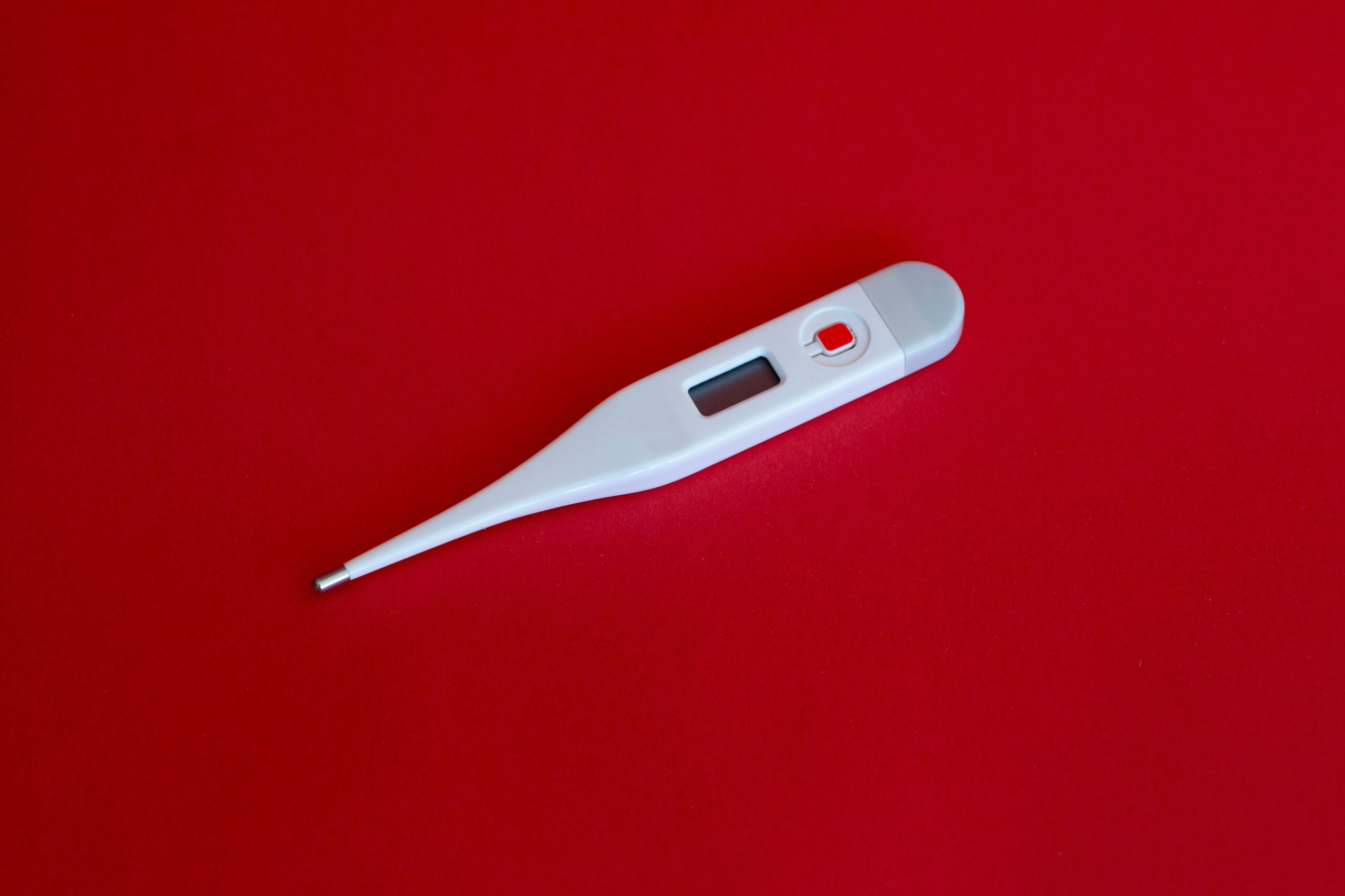Introduction
When it comes to conducting a reticulocytic count, there is often confusion regarding whether fasting is required or not. In this blog post, we will explore the topic and provide you with a clear understanding of whether fasting is necessary for a blood film with reticulocytic count.
Understanding Reticulocytes
Reticulocytes are immature red blood cells that are released into the bloodstream from the bone marrow. These cells play a crucial role in evaluating the body’s ability to produce new red blood cells. A reticulocytic count is a diagnostic test used to determine the percentage of reticulocytes in the blood.
Importance of Reticulocytic Count
A reticulocytic count is often performed to assess the bone marrow’s response to various conditions, such as anemia, blood loss, or bone marrow disorders. By measuring the percentage of reticulocytes, healthcare professionals can determine if the bone marrow is functioning adequately to meet the body’s demand for red blood cells.
Fasting for Reticulocytic Count: Necessary or Not?
Unlike some other blood tests, a reticulocytic count does not require fasting. Fasting refers to abstaining from eating or drinking for a certain period before the blood test. In the case of a reticulocytic count, the test specifically focuses on evaluating the number of reticulocytes present in the blood, rather than other factors affected by food or drink consumption.
Factors Affecting Reticulocytic Count
While fasting is not necessary for a reticulocytic count, it is essential to consider certain factors that can affect the accuracy of the test results. These factors include:
Medications:
Certain medications, such as corticosteroids or erythropoietin, can influence the production and release of reticulocytes. It is crucial to inform your healthcare provider about any medications you are taking before undergoing a reticulocytic count.
Timing:
The timing of the blood test can impact the accuracy of the results. Reticulocyte levels tend to be highest in the morning and may vary throughout the day. It is advisable to consult with your healthcare provider regarding the best time to schedule the test.
Recent Blood Transfusion:
If you have recently received a blood transfusion, it can affect the reticulocyte count. Transfused blood may contain a higher number of mature red blood cells, which can temporarily decrease the percentage of reticulocytes in your blood.
Preparing for a Reticulocytic Count
While fasting is not necessary, there are still some general guidelines to follow before undergoing a reticulocytic count:
Hydration:
It is important to stay hydrated by drinking plenty of water before the test. Adequate hydration helps ensure accurate blood test results.
Medication Review:
Discuss any medications you are taking with your healthcare provider, as certain medications can influence the reticulocyte count.
Follow Instructions:
Follow any specific instructions provided by your healthcare provider regarding the test, such as avoiding strenuous exercise or certain foods before the test.
Conclusion
In conclusion, fasting is not necessary for a blood film with reticulocytic count. However, certain factors such as medications, timing, and recent blood transfusion should be considered to ensure accurate results. If you have any concerns or questions about the test, it is always best to consult with your healthcare provider, who can provide you with personalized guidance based on your specific situation.
FIND FLASH MEDICAL INFO SEARCH HERE


